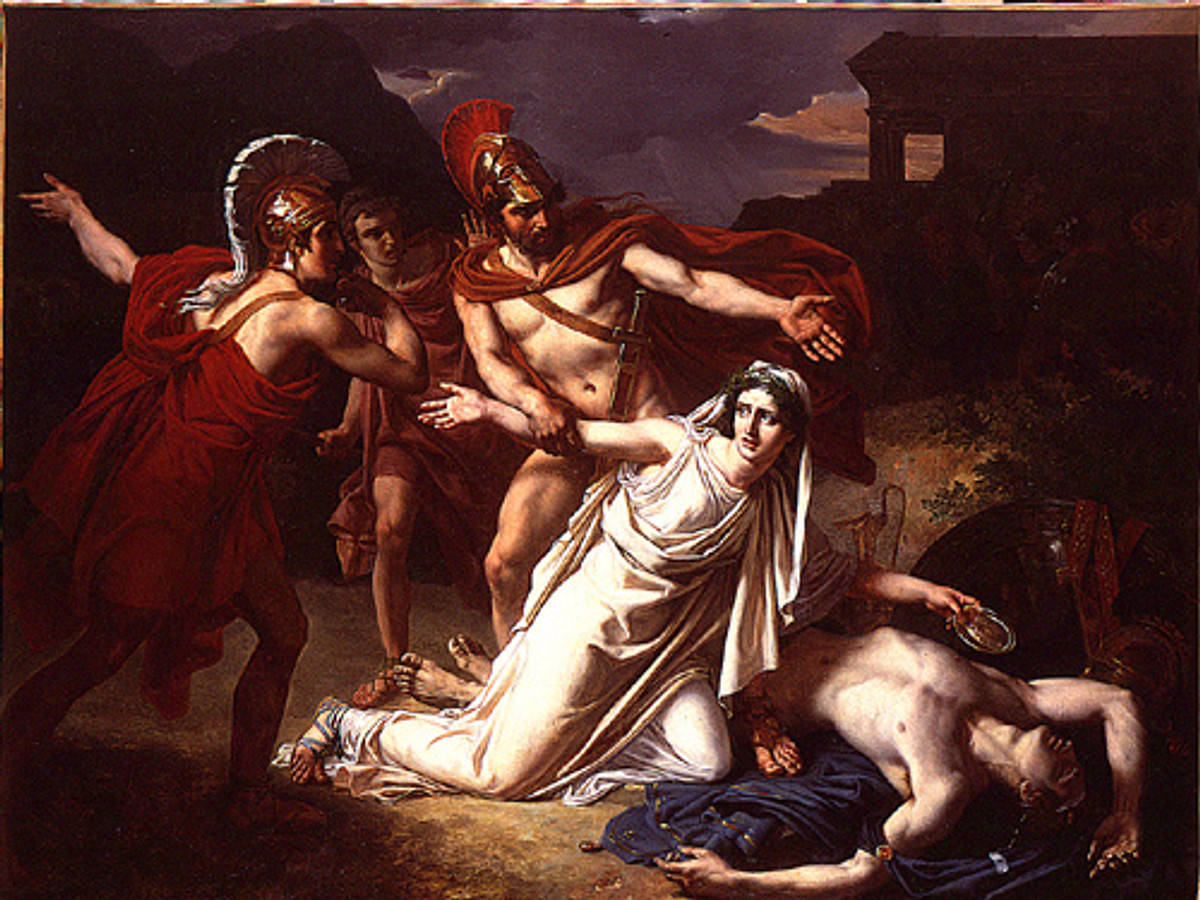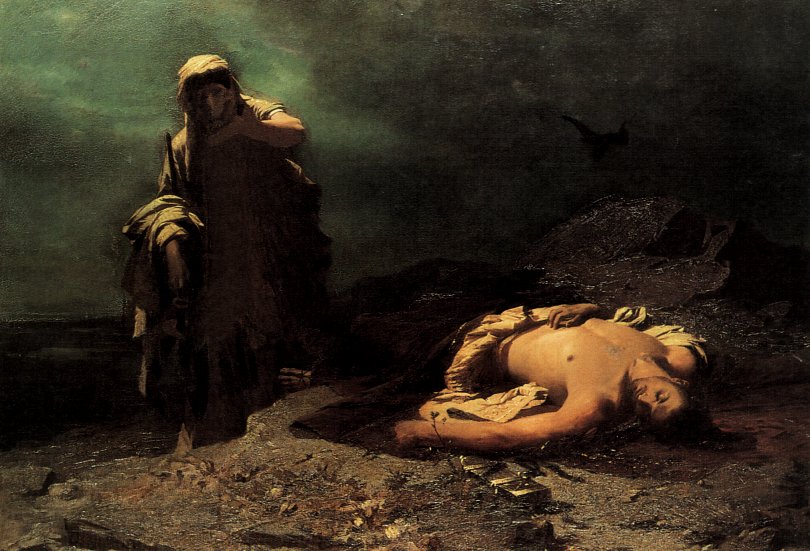Reference




Moonshot's Answer
Creon initially condemns Polynices to be left unburied in "Antigone" due to several reasons. Firstly, Polynices is considered a traitor for attacking Thebes, which leads Creon to declare that he should be left unburied as a warning to others [1]. This decision is also a reflection of Creon's desire to honor Eteocles, who defended Thebes, with a proper burial, while Polynices, as the attacker, is to be left unburied in shame [2]. Furthermore, Creon's pride and his belief in the absolute authority of the state over familial bonds contribute to his decision, as he sees Polynices' actions as a direct affront to the city-state he rules [3]. The image of Polynices' body left unburied, exposed to the elements and scavengers, underscores the severity of his punishment and the message Creon intends to send about the consequences of betrayal [4]. This decision sets the stage for the conflict in the play, as Antigone's determination to bury her brother despite Creon's decree leads to tragic consequences.